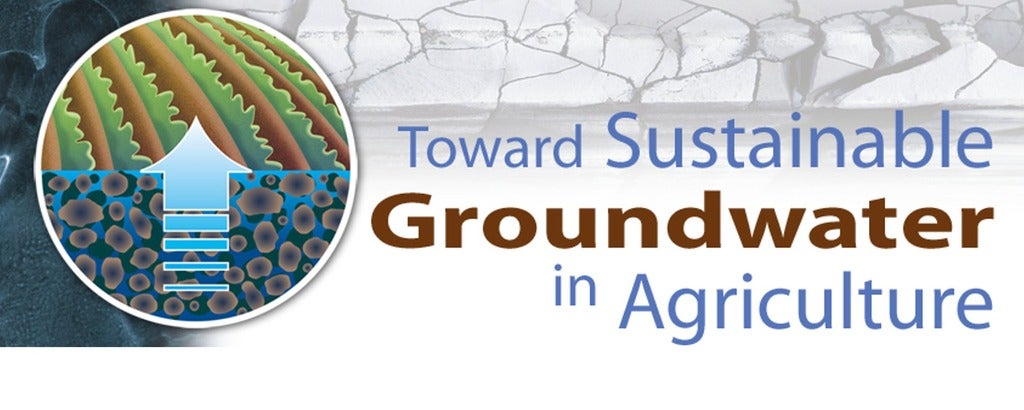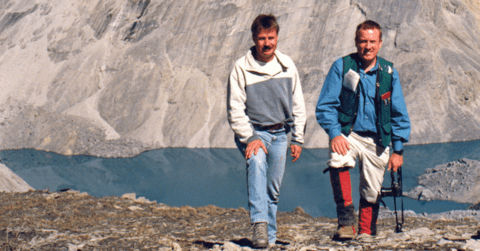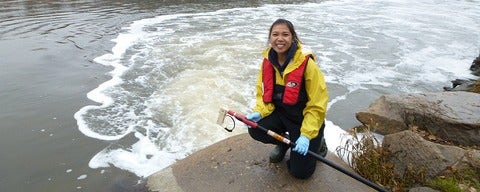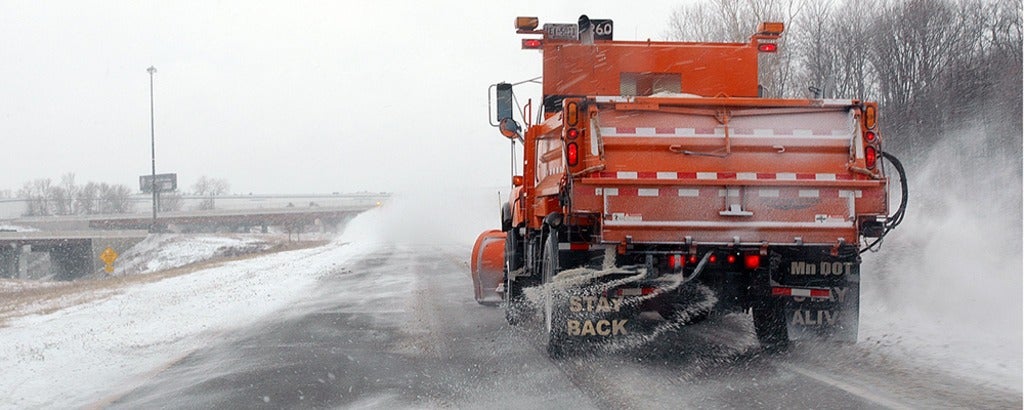Toward Sustainable Groundwater in Agriculture
Water Institute Member David Rudolph, professor in the Department of Earth and Environmental Sciences, is serving as conference co-chair of the 3rd International Groundwater-Agriculture Conference, Toward Sustainable Groundwater in Agriculture - Linking Science and Policy. The conference will take place June 17-20, 2024, in San Francisco and is being organized by University of California, Davis and The Water Education Foundation. The Water Institute is a cooperating organization.









